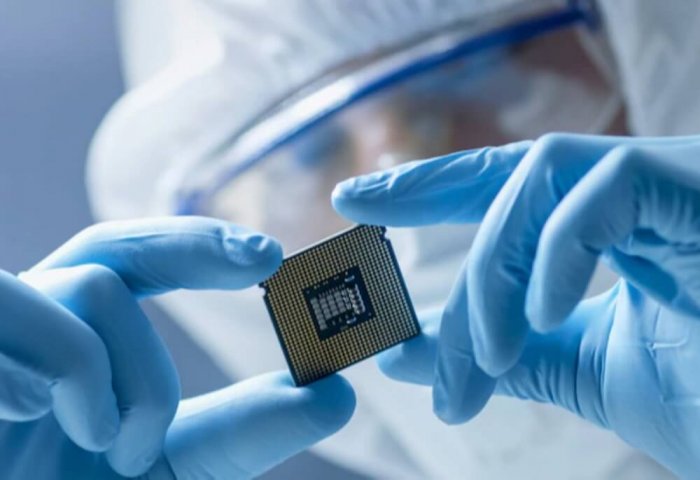Microprocessors and semiconductors are essential to many areas of the modern economy, from consumer electronics to automotive and wind turbines. Therefore, their availability and price fluctuations are an important factor in preventing uncertainty of economic activity.
After the period of huge deficit during the pandemic, we may now face the opposite situation.
During the pandemic period, the global economy has struggled with microprocessor and semiconductor shortages. As Bloomberg claims, the chip industry may now enter a phase of overproduction and stockpiling.
During the pandemic, reasons such as people's shift to remote working and remote schools have increased the demand for personal computers. Now as the impact of the pandemic wanes, people are returning to offices and schools. This means that people don't need laptops like they used to.
The global COVID-19 pandemic has paved the way for a major chip shortage. The production capacities of chip companies could not satisfy the increase in the demand for work from home equipment or distance education and the increase in the number of devices using integrated circuits. In addition, weather conditions such as drought and extreme heat brought about a slowdown in production.
The situation in the semiconductor market has become so serious that companies have been unable to fulfill many orders on time due to a lack of suitable parts, long waiting times or insufficient processing capacity.
The biggest players in chip manufacturing, such as TSMC and Intel, have put in place plans to build more factories to meet the growing demand. It will take time for these built factories to become operational.
Experts of the international analytical company IDC (International Data Corporation) predict that the situation will not only improve, but even lead to overproduction. Excessive chip production is also undesirable for manufacturers.
When the situation in the semiconductor market turns from scarcity to surplus, the prices of products such as smartphones, tablets, laptops, smart home devices and PCs are likely to fall.
Faced with the risk of oversupply, companies may be cautious when ramping up chip production, which could delay the recovery of the semiconductor market.
Nurmyrat Mommayev,
PhD Candidate at Marmara University's Department of Political Science and International Relations in Istanbul, Turkey


















